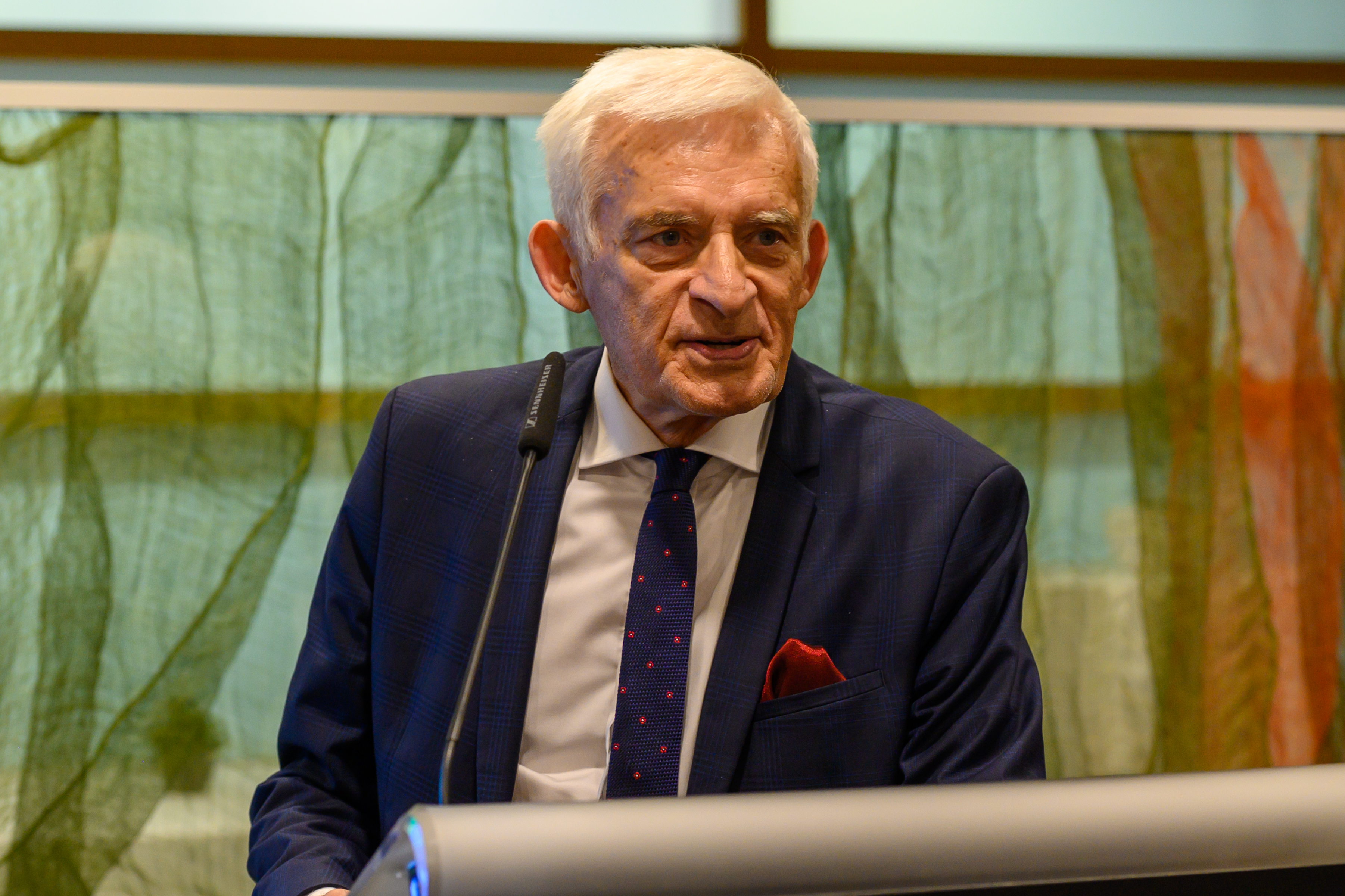Renewable fuels: how can the EU be fit for its carbon-free future?
Chaired by Jerzy Buzek MEP, President of the EEF
Speakers:
Giulia Cancian, Secretary General, European Biogas Association
Andrea Martelli, Head of Biofuels Supply & Trading, Eni Sustainable Mobility
Pauliina Uronen, Fellow R&D and Innovation, Neste
Speaker from the European Commission (tbc)
The European Energy Forum is pleased to invite you to an energy debate with its Associate Members European Biogas Association, Eni and Neste to look into the existing opportunities and challenges for renewable fuels in the EU.
In line with EU’s climate neutrality goal, our speakers will adopt a long-term perspective in analyzing what are the actions to be undertaken for an effective and secure deployment of renewable fuels, which will be necessary to support the cost-effective decarbonization of the transport sector, from heavy-duty applications to aviation and maritime transport. They will discuss the potential solutions, as well as innovative technologies, to close the gap between supply and demand of renewable fuels in Europe.
This debate will also provide an opportunity to analyze the impact of an ever-evolving transport policy and provide future outlook of the industry. Our speakers will consider the current legislative framework -among which the Regulation on CO2 standards for Heavy Duty Vehicles (HDVs) – key for a stable, forward-looking and reliable policy framework for industry investments in the sector.
We look forward to a fruitful discussion!



